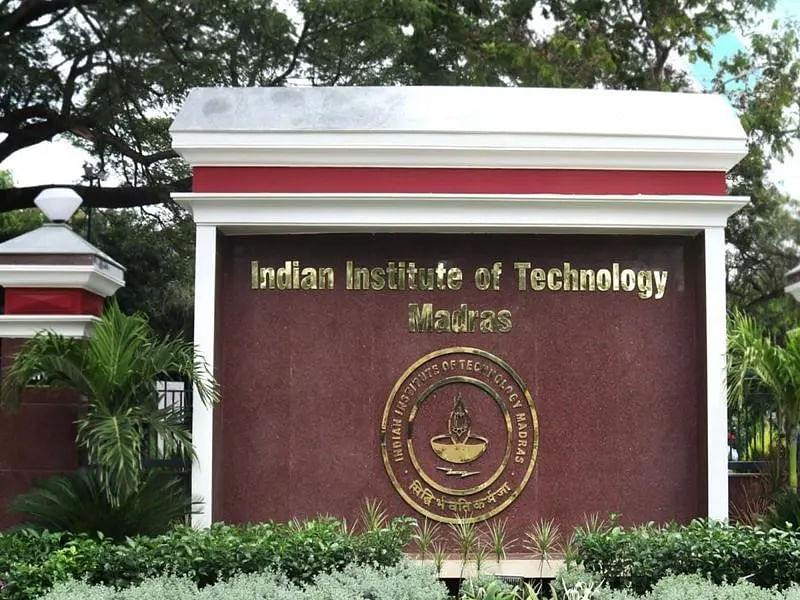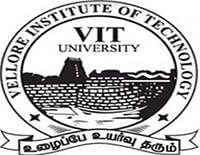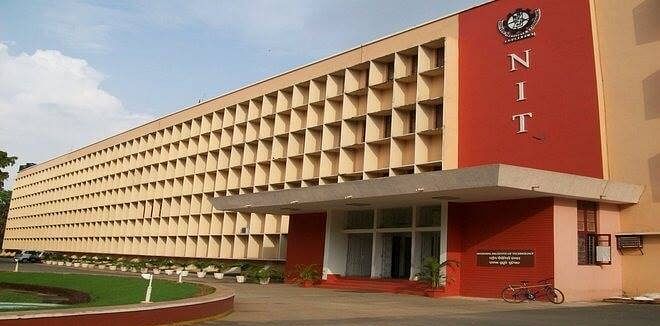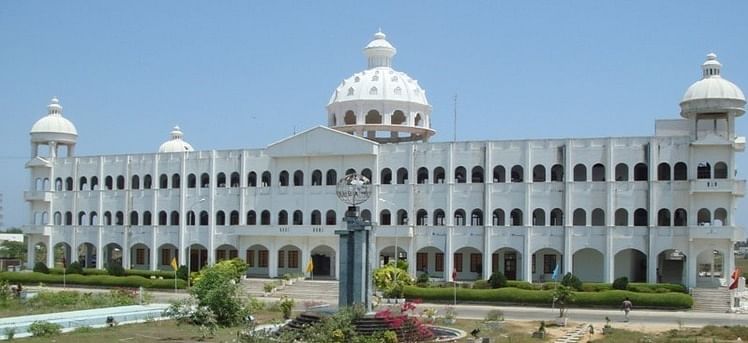B.Tech Biomedical Engineering Syllabus and Subjects

The B.Tech Biomedical Engineering syllabus includes basic science, core technical, and elective courses that may be general electives, interdisciplinary or domain-specific courses. In the first year of B.Tech Biomedical Engineering, students learn the core subjects. From the second year onwards, they learn specialized and elective subjects.
In addition to academics, as a part of the program, students receive industrial preparation. Colleges give soft skills and aptitude training so that students are job-ready once they graduate. Essential subjects in this field are biomaterials, pharmaceutical microbiology, etc.
Semester Wise B.Tech Biomedical Engineering Syllabus
The B.Tech in Biomedical Engineering course is split into eight semesters over four years. The first-year focuses on core subjects while in the second year more specialised topics are introduced. The B.Tech Biomedical Engineering syllabus also focuses on practical learning through projects and internships. Listed below is the semester wise distribution of the syllabus:
| Semester I | Semester II |
| Professional Communication | Mathematics-Ⅱ |
| Mathematics- Ⅰ | Physics |
| Engineering Chemistry | Environment & Ecology |
| Engineering Mechanics | Elements of Electronics Engineering |
| Basic Electrical Engineering | Introduction to Programming Lab |
| Pharmaceutical Microbiology | Value & Ethics in Profession |
| Engineering Graphics Lab | Synthesis and processing of Materials |
| Semester III | Semester IV |
| Biomathematics & Biostatistics | Biomechanics |
| Engineering Physiology & Anatomy Laboratory | Biophysical Signals & Systems |
| Circuit Theory & Networks | Digital Electronics & Integrated Circuits |
| Analog Electronic Circuits Lab | Object-Oriented Programming using C++ Lab |
| Hospital system Management | Biomaterials |
| Engineering Economics & Management | Medical Image Processing |
| Semester V | Semester VI |
| Microprocessor and Microcontrollers | Control System |
| Electronic Circuits for Medical Instrumentation | Transducers and Instrumentation systems |
| Elective | Instrumental Methods for Chemical Analysis |
| Analytical Techniques in Chemistry | Science of Ceramic Materials |
| Synthesis and processing of Materials | Elective |
| Industrial Sociology | Biosensors & Transducers |
| Semester VII | Semester VIII |
| Biological Control System Analysis | Biotransport Process |
| Biomechanics | Radiation and Biomedical Applications |
| Elective | Biomedical Signal and Image Processing |
| Molecular Biology and Genetics | Viva |
| Transport Phenomena | LSI/VLSI Design |
| Data Structure & Algorithm | Project Submission |
| Therapeutic Equipment | Biomedical Hazards & Safety |
B.Tech Biomedical Engineering Subjects
B.Tech Biomedical Engineering subjects are of two kinds: one core and the other elective subjects. Additionally, the curriculum consists of internship and project submission. Listed below are the core and the elective subjects:
B.Tech Biomedical Engineering Core Subjects:
- Biomaterials
- Pharmaceutical Microbiology
- Analytical Techniques in Chemistry
- Synthesis and Processing of Materials
- Bioceramics
- Tissue Engineering
- Advanced Biomechanics
- Rehabilitation Engineering
- Bioinformatics
- Hospital System Management
B.Tech Biomedical Engineering Lab Subjects:
- Engineering Graphics Lab
- Object-Oriented Programming using C++ Lab
- Molecular Biology Lab
- Analog Electronic Circuits Lab
B.Tech Biomedical Engineering Elective Subjects:
- History of Science and Technology
- Industrial and Organizational Psychology
- Intellectual Property Rights
- Energy Management
- Industrial Sociology
- Ethics, Philosophy, and Values
- Entrepreneurship Development
B.Tech Biomedical Engineering Course Structure
B.Tech Biomedical Engineering syllabus focuses on holistic learning of biomedical engineering. The B.Tech in Biomedical Engineering course consists of project work and internship as well. Projects and internships allow students to apply their learnings. Students prepare presentations and participate in discussions which helps them learn better. The course structure includes:
- Core and Elective Subjects
- Ⅳ Semesters
- Projects
- Research Papers
- Surveys
- Seminars
- Practicals
- Thesis Writing
B.Tech Biomedical Engineering Teaching Methodology and Techniques
B.Tech Biomedical Engineering involves classroom teaching and real-world application of this knowledge through case study learning. Practical subjects are a must to teach the working of instruments and their application. This teaching methodology helps in building practical and experiential knowledge on this subject. Some teaching techniques used by colleges are:
- Discussions
- Field Trips
- Practical Learnings
- Problem-based Learning
- Projects
- E-learning
- Co-curricular activities
- Lectures
B.Tech Biomedical Engineering Projects
Students gain confidence through projects since they apply their learnings. Projects develop leadership, team-working, brainstorming, and decision-making skills. Listed below are some popular projects in this field:
- Introducing an e-Health Card for Developing Countries
- Embedded Internet for Pulse Oximeters
- Microcontroller-based Heart Rate Monitor
- Microcontroller-based Wireless Temperature and Heart Beat Read-out
- Supporting Human-Robot Interaction
- Biodiesel from wastes
B.Tech Biomedical Engineering Reference Books
Reference books help gain knowledge apart from the syllabus. Listed below are some popular reference books for B.Tech Biomedical Engineering:
| Books | Author |
| Introduction to Biomedical Engineering | John Enderle |
| The Biomedical Engineering Handbook | Joseph D Bronzino |
| Biomedical Engineering-Bridging Medicine and Technology | W. Mark Saltzman |
| Biomedical Engineering Fundamentals | Donald R. Petrerson |























